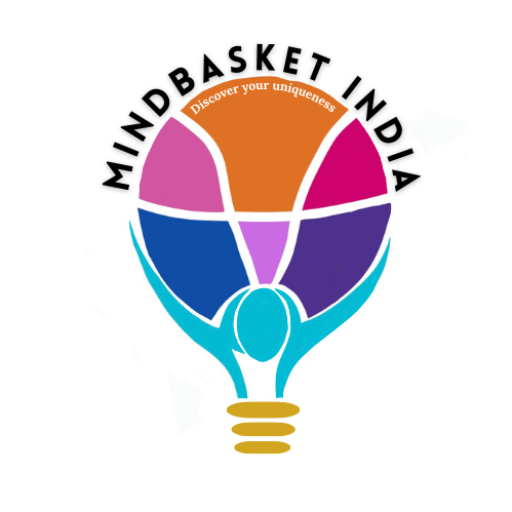Mental health has become more than just a topic—it’s a movement. And leading the charge is Generation Z, the digital natives born between 1997 and 2012. Unlike previous generations, Gen Z is openly talking about anxiety, depression, therapy, and self-care without shame. They are challenging stigmas, reshaping how therapy is accessed, and even influencing how mental health is marketed and understood.

Gen Z grew up in a world of constant connectivity, online comparison, and global crises. From academic stress and climate anxiety to pandemic trauma and social media pressure, this generation has faced it all. As a result:
70% of Gen Z report anxiety and depression as major issues among their peers.
They are more likely to seek therapy and talk openly about struggles.
They believe in holistic mental health, combining emotional, social, and physical wellbeing.
In the past, going to therapy was often seen as a sign of weakness. Not anymore.
Gen Z normalizes therapy—they post about it, make memes, and even recommend therapists like they recommend books.
Teletherapy and online counseling platforms are booming because they meet Gen Z where they are: online.
Mental health is no longer hidden. It’s worn proudly in the form of journals, emotional check-in apps, and even merch that says “It’s okay to not be okay.”
Gen Z lives online—and that’s both good and bad for their mental health.
The Positive Side:
- Access to Resources: TikTok therapists, YouTube journaling prompts, Instagram pages on emotional health.
- Community Support: Online spaces where people share experiences and support each other.
- Mental Health Advocacy: Movements like #MentalHealthMatters trend regularly, driven by young people.
The Negative Side:
- Overexposure to Trauma: Doomscrolling and viral tragedies can worsen anxiety.
- Comparison Culture: Seeing filtered lives can trigger insecurity, low self-esteem, and loneliness.
- Over-labeling: Sometimes, complex emotions get oversimplified into quick self-diagnoses.
New Forms of Therapy for a New Generation
Therapy isn’t one-size-fits-all anymore. Gen Z prefers:
- Text-based therapy over traditional sessions.
- Mindfulness apps like Headspace and Calm.
- Creative outlets like journaling, digital art, and music therapy.
- Peer-led support groups and anonymous helplines.
Gen Z isn’t navigating this alone. Schools are integrating mental health curricula. Influencers are openly sharing therapy journeys. Social media platforms are launching well-being tools to reduce harm and promote mental balance.
By making therapy normal, emotions valid, and help accessible, Gen Z is revolutionizing mental health culture. They’re teaching us all that healing isn’t something to hide—it’s something to celebrate.
